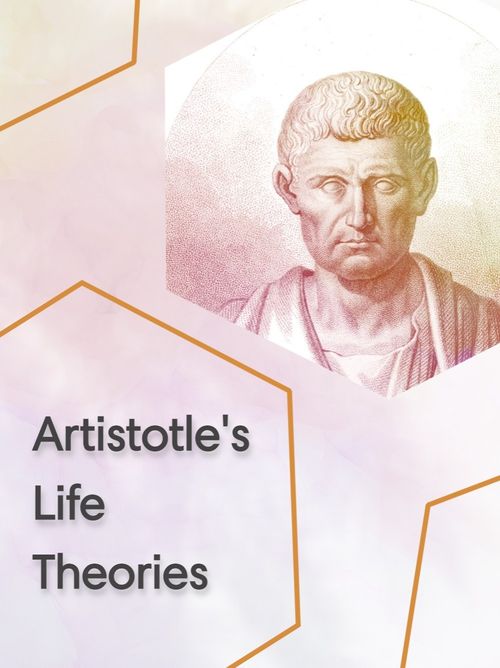What it means to live a good life... according to Aristotle
Sep 10, 2021 · 9 mins read
0
Share

The components of a good life
Aristotle believed that there’s a universal sense of goodness that anyone can achieve based on timeless truths (rather than circumstances). To define it, he explored the question of ‘What does it mean to live a good life?’ almost as if it had never been answered before.
Save
Share
If every action we take has a goal, what is the ultimate end-goal of every action? The answer is eudaimonia, which is loosely translated as ‘happiness’, but can also mean ‘doing well’, ‘success’ or ‘flourishing’. A good life, therefore, is one in which you achieve your goals.
Save
Share
Happiness is the key to a good life for three reasons. #1: It is desirable in itself. #2: It doesn’t derive its desirability from being a means to another goal. #3: All other good acts and feelings are desirable if and only if they contribute to happiness.
Save
Share
If any intermediate goal doesn’t take you closer to happiness, drop it. If you spend your life working to maximize your salary but all of the money you earn isn’t making you happy, then that strategy is failing.
Save
Share
So how can you know whether a certain action will lead towards happiness or unhappiness? Aristotle believed that you must become educated in virtue. Ethical virtues, such as temperance and courage, are primarily developed in childhood through parenting.
Save
Share
Later in life, ethical virtues evolve through contemplation and development of good habits. Intellectual virtues (such as art, science, and wisdom) are best developed through formal education. Ethically and intellectually virtuous actions are what lead to a good life.
Save
Share
It’s not enough to sit alone at home calling yourself brave, generous, and kind, while not actually performing any brave, generous, or kind acts. It’s the results of your actions in practice that lead to goodness and happiness, not a virtuous state of being.
Save
Share
Instead of thinking about virtue in terms of mere instinct or noble intentions, taking one conscious action at a time is how you create a good life. You become a builder by building. Taking temperate actions makes you temperate. Taking brave actions makes you brave.
Save
Share
Happiness, then, comes from expressing what we have rationally decided is good for us over the longer term. Happiness isn’t pleasure, but a byproduct of a meaningful life.
Save
Share
Leading a life of balanced virtue, however, is easier said than done. Only those who put the pieces together succeed. Everyone else (most of us) fail at it. Next, we’ll find out why…
Save
Share
0




